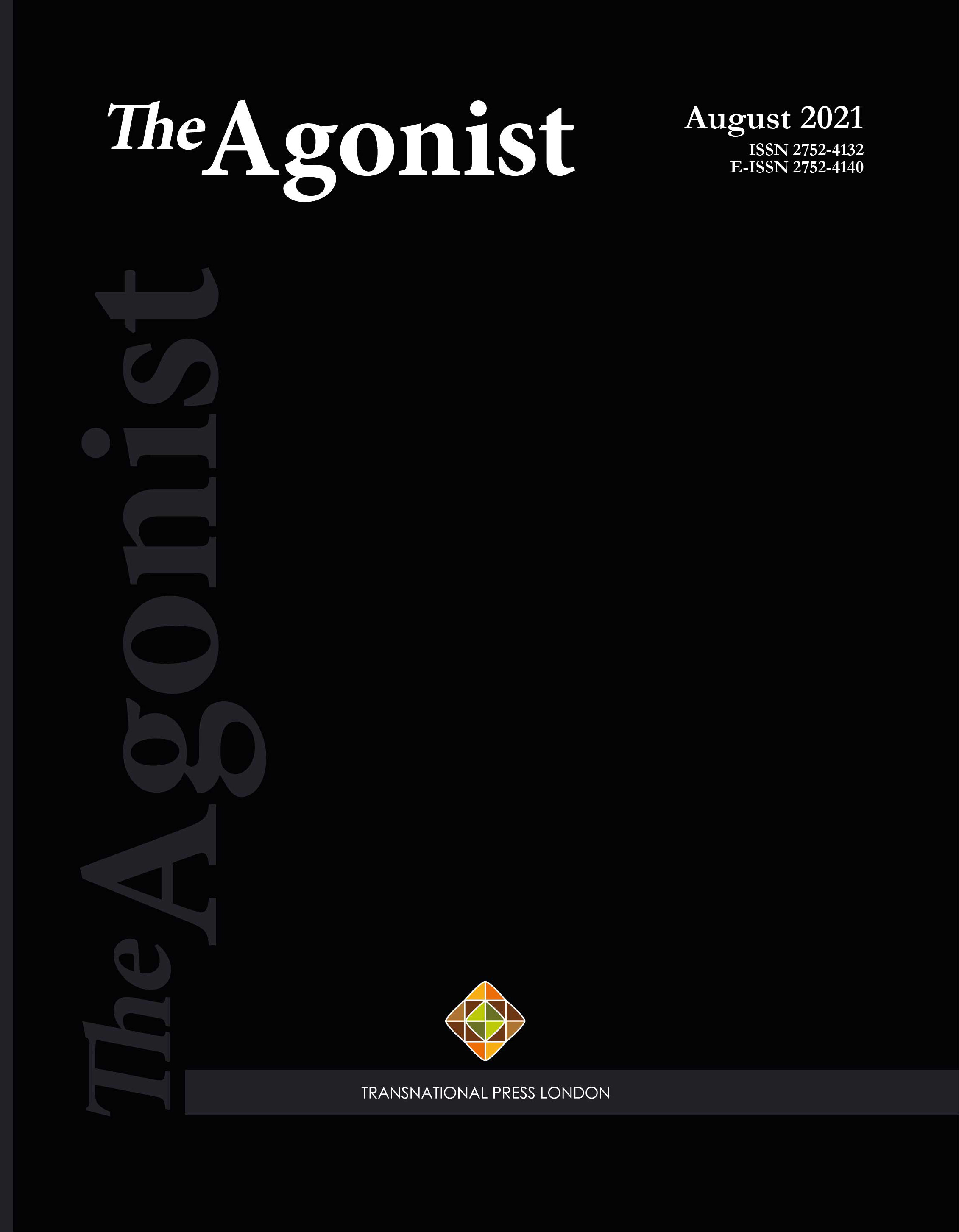Story as Self
Story as Self
Author(s): Robert MalkaSubject(s): Ethics / Practical Philosophy, 19th Century Philosophy
Published by: Transnational Press London
Keywords: Agonist; Nietzsche; metaphor; Genealogy of Morals;
Summary/Abstract: What might be the basis of the temporal story linking a subject’s manifestations and transformations, if there is no stable core or substantial self “behind” or “before” our deeds, such that our selves lie within our deeds? So asks Robert Pippin in Nietzsche, Psychology, and First Philosophy. I explore the ways in which a story can find its basis in both “the self” and “the world.” Noting that Nietzsche insists on the separation (lack of causality) between thoughts, deeds, and the image we have of a given deed, I suggest that stories, when wielded consciously, are themselves deeds that can serve to magnify, reduce, or alter the images of previous or future deeds, based on what the interactions between our environment and our "true need" allows us to do. I note that they are often themselves inventions, not needing to be the result of factual occurrences in the world. Seen in this way, stories are a powerful tool for self- and world-transformation, and can enable us to create beautiful versions of ourselves that may not always be or feel initially “true.”
Journal: The Agonist
- Issue Year: 15/2021
- Issue No: 2
- Page Range: 43-52
- Page Count: 10
- Language: English
- Content File-PDF

